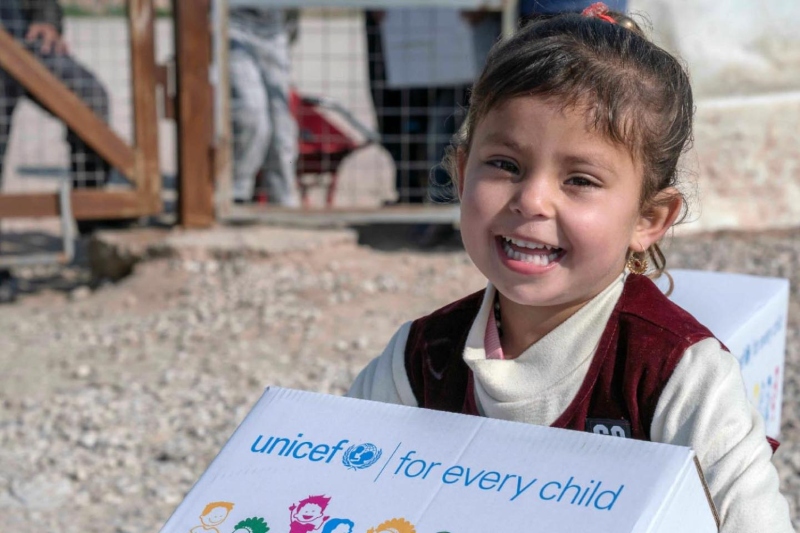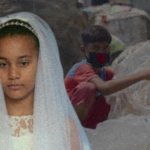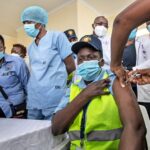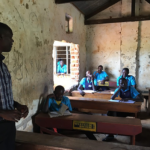
around 240 million kids universally are living with disabilities
Last updated on November 15th, 2021 at 06:17 am
According to the new report by UNICEF, around 240 million kids worldwide are living with disabilities and face hardships such as wellness, protection, and education.
The UNICEF‘s new report includes data from 42 nations covering over 60 pointers, from nourishment and wellbeing to access to sanitization, insurance, exploitation, protection, and good education.
UNICEF has stated that the estimate is based on a more significant and comprehensive understanding of disabilities, weighing difficulties across various fields and signs of depression and anxiety.
Kids with disabilities are very vulnerable to social stigma, segregation, and discrimination. They may not show up in public statistics and are often invisible to decision-makers and people in general.
In numerous nations, special needs kids are frequently denied of their rights, isolated from family and restricted to mental institutions or put in medical care facilities for the sake of therapy.
Neglect and harsh treatment toward kids living in such institutions should stop, and administrations should encourage compelling and providing community services, which include inclusive education, child and health care.
Related Posts
The organization’s Executive Director, Henrietta Fore, expressed that the new report affirms that children with inabilities face multiple and frequently exacerbated problems in just understanding their privileges.
“Often, these kids are left behind because of disabilities. Education must be available at home for them; they are less inclined to be incorporated or heard on pretty much every measure.”
Kids with impairments are 24% more averse to getting early responsive care and stimulation. They have 42% fewer possibilities of accomplishing primary numerical and reading skills. The likelihood of never going to class is 49% more expensive for them.
According to the new report, these kids are likewise 51% more likely to experience sadness every day, and 41 per cent bound to be victimized. The likelihood of encountering extreme corporal punishment is 32 per cent more prominent than for kids without inabilities.
Kids who experience issues communication and caring for themselves will probably be out of school, paying little heed to training level, which defines the study.
UNICEF’s report is calling governments to provide these children with equivalent rights and opportunities.
The member states should likewise consult people with inabilities and think about the full scope of disabilities and particular necessities of kids and their families while offering comprehensive quality education and facilities.











